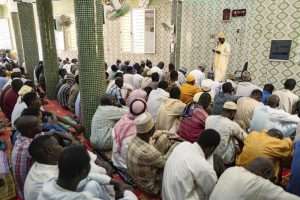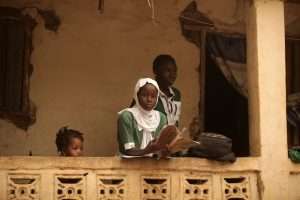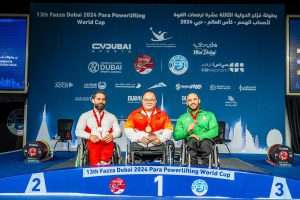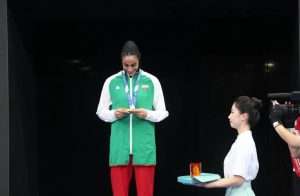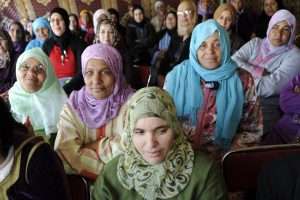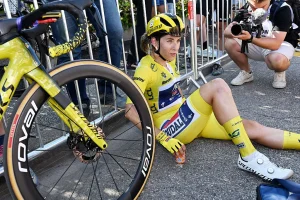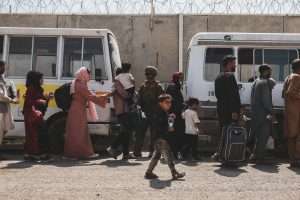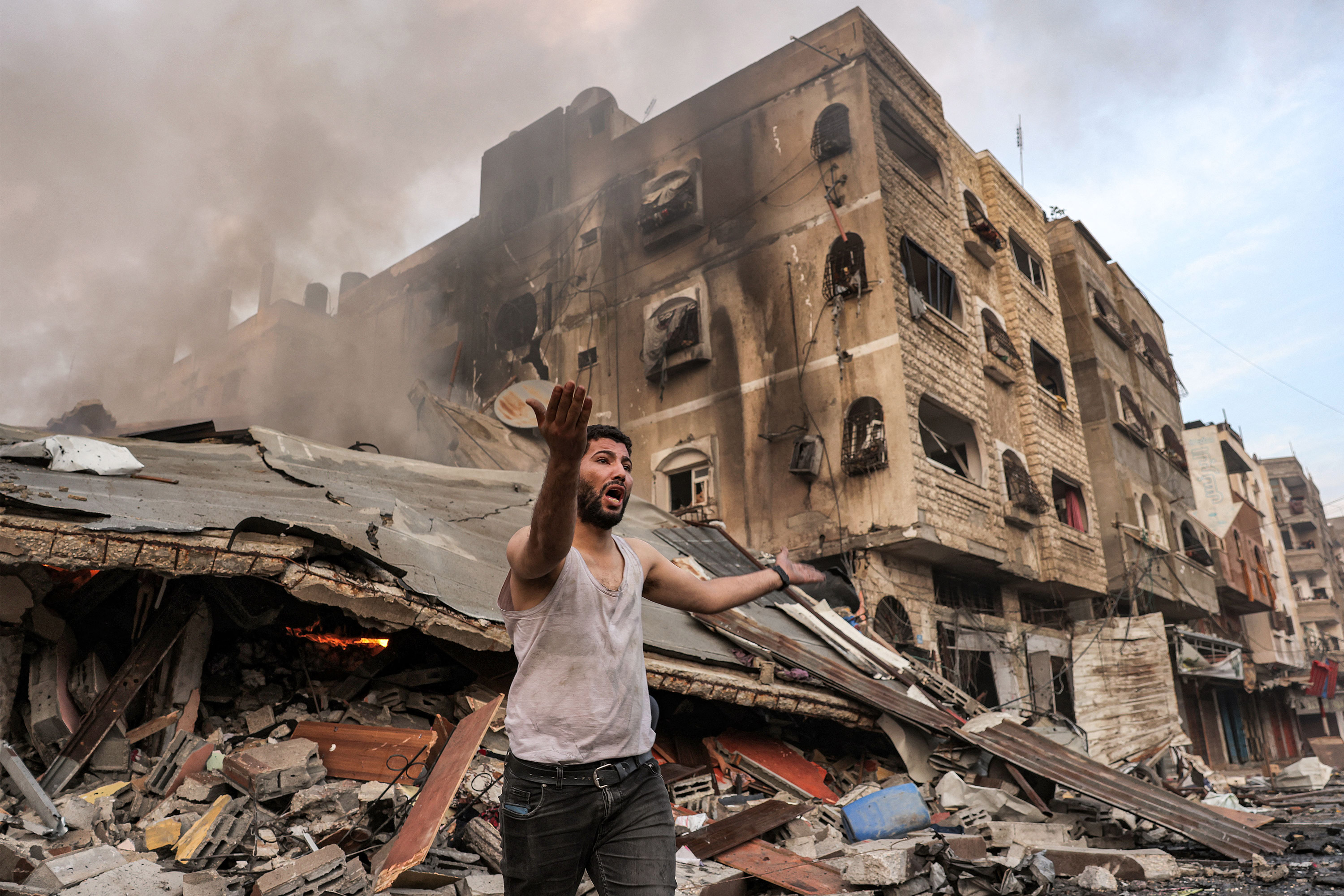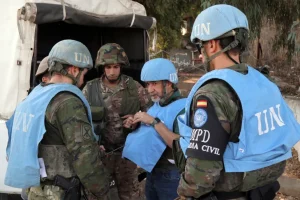Cycling and women’s rights in Rwanda: a path to freedom
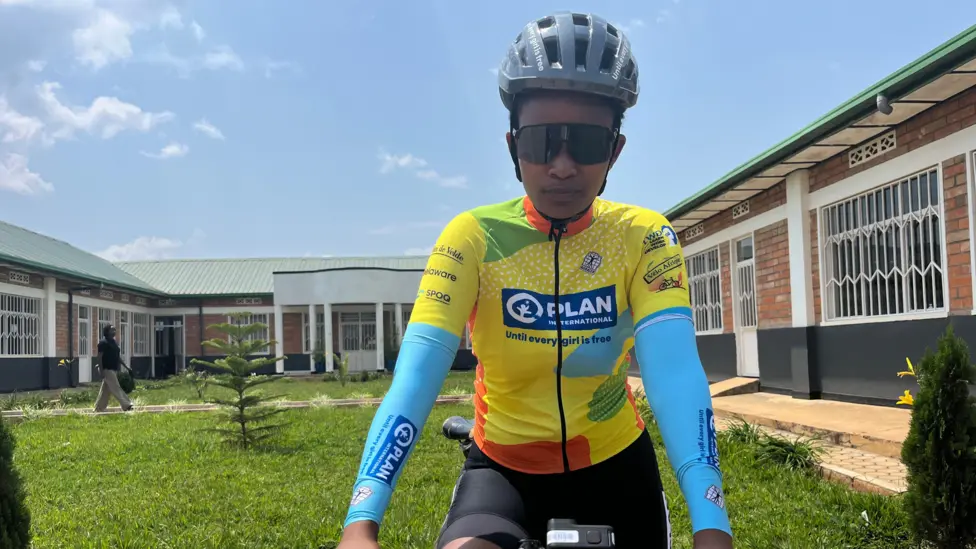
The 2025 UCI Road World Championships in Rwanda will debut a stand-alone women’s U-23 race, with countries allowed up to five entrants, but it’s more than just a race, reported the BBC on 8th August.
The outlet spoke to Rwandan Olivia Maniragena, who detailed how cycling for her means not just riding a bike, but freedom.
Having first got on a bike aged seven, cycling became crucial to Maniragena’s daily life and survival, enabling her to fetch water, collect firewood, run errands and get around more easily. “It brings me happiness. When I ride, it takes away my anxiety and my depression,” she told the BBC.
Maniragena lost her mother in 2013, when she was just 14, and her father five years later. She struggled to support herself. Responsible for raising three siblings and then two children of her own all before the age of 20, she had to deal with a lot from a young age. The father of her children left just after their second baby was born. “Life was hard,” she confessed.
Bikes for Future, a project launched to capitalise on Rwanda’s role as the first African nation to host the Road World Championships, offered a beacon of hope for Maniragena with its all-female team and backing from the humanitarian group Plan International and non-profit Learn Work Develop. Seeking to empower young Rwandan women through sport, the team and its supporting organisations saw Maniragena’s determination.
“She knows what she wants. Every time we train, she gives it her all,” said her coach Niyonsaba Elidad.
Maniragena is now 21 and has found stability through her relationship with cycling. She intends to compete in the UCI Road World Championships next month in the inaugural women’s U-23 race.
The Rwandan cycling scene is male-dominated, and women were ridiculed for showing interest in the past, but things are changing. The opportunity to compete at the highest level is crucial to proving that women also have the potential to be elite athletes.
Maniragena has learned not only how to race at the Bugesera Cycling Centre, but how to “dismantle and reassemble a bike in five minutes,” she says. “It’s something I truly value. It brought back the hope I had lost in my life.”
The centre also enables women to turn their hobbies into a trade and income – Maniragena can make $7 on a good day in the bike shop, and more on a race day.
Cycling is still an expensive sport, however, with a decent racing bike costing between 60,000 and 150,000 Rwandan francs ($42 to $104). This is an unsurmountable cost for many.
Fortunately, female cyclists in Rwanda are not put off. The rapid ascents of riders like Maniragena, who in just 15 months has transformed from a novice cyclist to a local champion, inspire others to get involved.
Elidad sees her as a “future champion” who “has the talent to compete at an elite level” provided she has “the right opportunities and support.”
The new opening for female athletes at the Road World Championships is a “huge opportunity” for Rwanda, as stated by Maniragena.
A background of political tension lingers threateningly, however. The declaration of principles signed between the Democratic Republic of Congo and the M23 rebel group, signed in Qatar last month, aims to stop hostilities in eastern Congo.
Rwanda has been accused of “sportswashing” – investing in sport to enhance a nation’s global image. The UCI has vehemently denied any such claims about its decision to choose Rwanda as the host nation, pointing out its strong cycling history, having hosted the Tour du Rwanda annually since 1988.
Those running the Bikes for Future project agree the sport offers great benefits, according to the outlet. “There’s now a stronger belief that bicycles can change lives,” says Solomon Tesfamariam, Plan International’s director for Rwanda. “Our focus is to engage and support more girls, and cycling is becoming increasingly popular among women.”
Maniragena and her teammates are ambitious and “want to be champions… one day, we want to race among the world’s best,” she said.
BBC, Maghrebi
Want to chase the pulse of North Africa?
Subscribe to receive our FREE weekly PDF magazine




